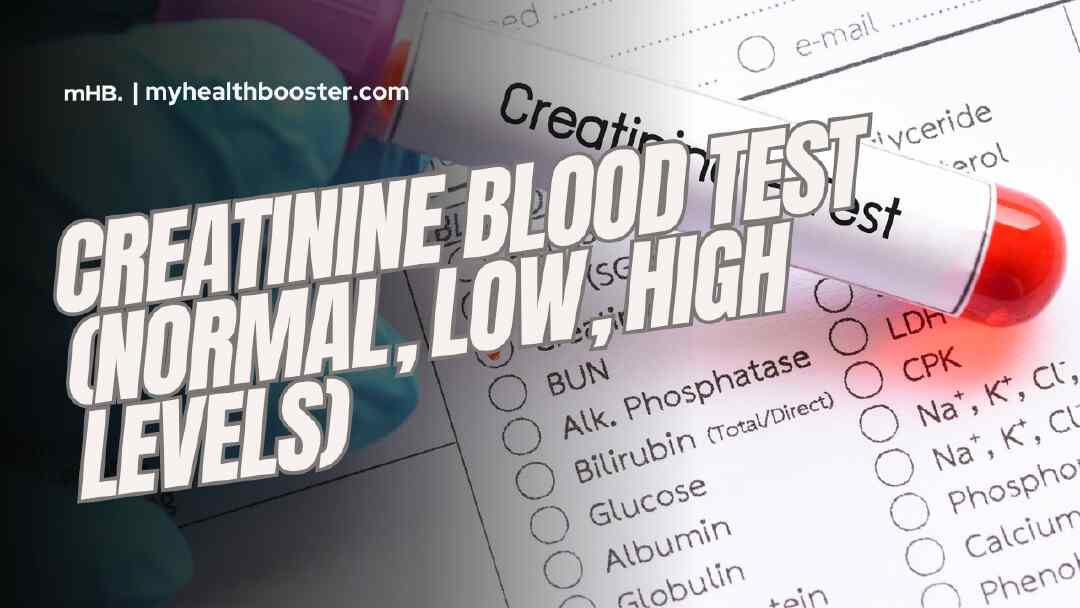Discover the significance of blood creatinine levels, their implications, and the factors influencing this crucial indicator of kidney function. Read on to understand normal, low, and high creatinine levels, symptoms associated with abnormalities, and the conditions that can impact these readings.
Why Monitor Blood Creatinine Levels?
Routine blood tests often include creatinine level checks, as it serves as a reliable indicator of kidney function. Elevated creatinine levels signal potential kidney impairment or disease, necessitating further investigation.
Precise Measurement: Creatinine Clearance
To precisely gauge kidney function, healthcare professionals calculate creatinine clearance. This estimation involves a formula considering serum creatinine levels, patient weight, and age. Alternatively, a 24-hour urine sample can be collected for a more direct measurement of creatinine clearance.
Normal Creatinine Levels
For healthy adults, normal creatinine levels range from 0.6 to 1.2 mg/dL in males and 0.5 to 1.1 mg/dL in females. However, variations may exist between labs.
Interpreting Creatinine Levels
- High Levels: Readings exceeding 2.0 in babies and 5.0 in adults may indicate severe kidney impairment.
- Low Levels: Indicate malnutrition, weight loss, prolonged illness, or low muscle mass, especially in the elderly and infants.
Symptoms of Elevated Creatinine
Kidney dysfunction symptoms vary widely and may include dehydration, fatigue, loss of appetite, insomnia, abnormal urination patterns, swelling (edema), shortness of breath, confusion, and other nonspecific symptoms.
Causes of High Creatinine Levels
Several factors contribute to elevated creatinine levels:
- Chronic Conditions: Long-term kidney diseases often result from high blood pressure and diabetes.
- Medications: Some drugs, like cimetidine (Bactrim), can elevate creatinine levels.
- Dietary Influence: A spike in creatinine may occur after consuming large amounts of meat.
- Health Issues: Kidney infections, rhabdomyolysis (muscle breakdown), and urinary tract obstructions can impact creatinine levels.
Understanding Low Creatinine Levels
Low levels may be observed in elderly individuals, infants, and those with malnutrition, severe weight loss, or chronic illnesses, reflecting diminished muscle mass over time.
Conclusion
Monitoring blood creatinine levels is crucial for assessing kidney function. Whether facing high or low levels, understanding the potential causes is essential for timely intervention. Regular health checkups and consultations with healthcare providers can offer valuable insights into maintaining kidney health.
